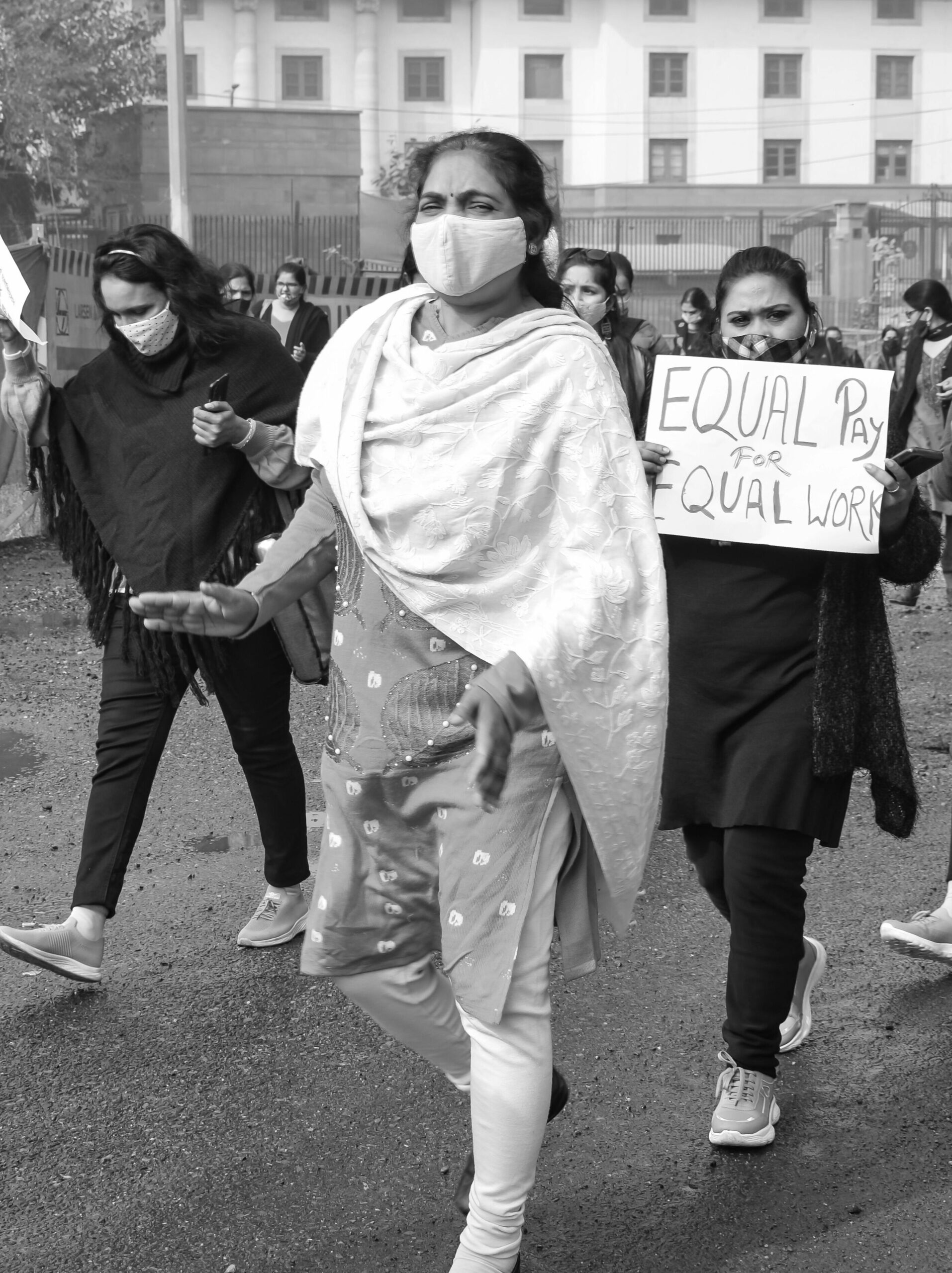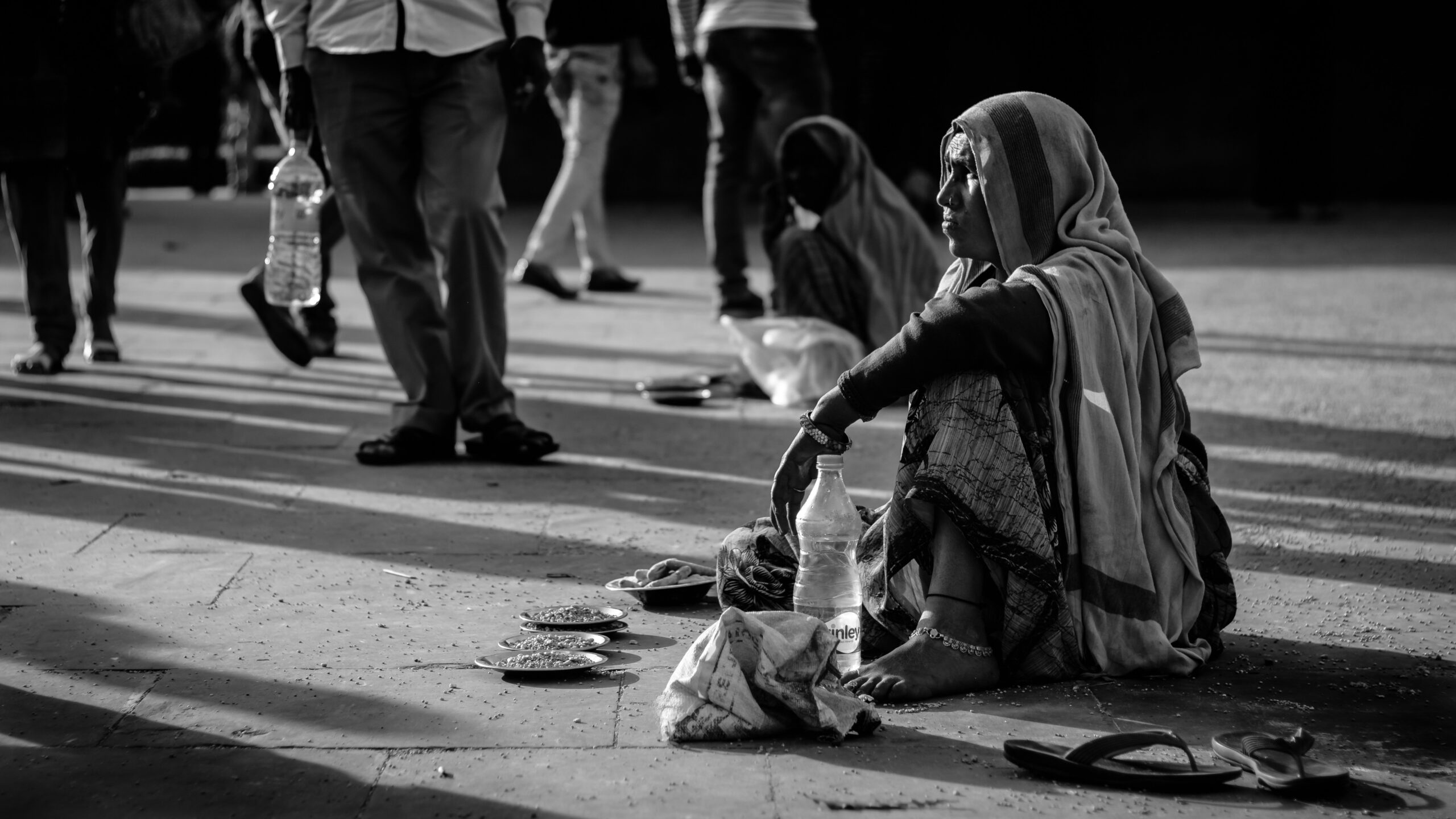Our mission at Shaksham Foundation is to raise lives with dignity through the provision of…
Women Empowerment in India 2025: Education to Equality
Empowerment starts with education. Learning unlocks the doors of confidence, autonomy, and well-informed decision-making. In the past decade, female literacy has undergone phenomenal improvement. In the past decade, female literacy has undergone phenomenal improvement, with India reaching a 77.7% female literacy rate compared to 84.7% for males as per Government of India statistics.
Nevertheless, many girls continue to lose out on school due to poverty, early marriage, insufficient hygiene facilities, or household chores.
From health and education to leadership and livelihoods, this blog highlights how empowering women—especially at the grassroots level—creates ripple effects that uplift entire communities. Backed by the latest data and real-world experiences, we explore the current landscape, key challenges, and actionable strategies to build a more inclusive India.
At Saksham Foundation, our mission goes beyond women’s empowerment—we are equally committed to providing educational support to underprivileged children, care and dignity to the elderly, nutritious meals to the hungry, and shelter and assistance to orphans. By addressing these critical areas, we aim to create an inclusive society where every individual has the opportunity to live with security, respect, and hope.
Support Women’s Empowerment Today
Every woman deserves the chance to live with dignity, freedom, and opportunity. Be a part of the change—help us uplift lives through education, health, and skill-building.
[Donate Now]
The Reality of Women’s Empowerment in 2025
Indian women’s empowerment has made significant strides, but entrenched gender disparities remain. While additional girls are going to school, more women are joining workplaces, and policies are becoming increasingly inclusive, but there are still restrictions on women’s mobility, earning opportunities, decision-making authority, and access to digital solutions.
At Shaksham Foundation, we’ve seen firsthand how targeted interventions—in health, education, skills training, and safe shelter—can break generational cycles of poverty and dependency. Our aim is to create a society where every woman lives with dignity, security, and purpose.
5 Foundational Elements of Women Empowerment in 2025
Education and Digital Literacy
Empowerment starts with education. Learning unlocks the doors of confidence, autonomy, and well-informed decision-making. In the past decade, female literacy has undergone phenomenal improvement. Nevertheless, many girls continue to lose out on school due to poverty, early marriage, insufficient hygiene facilities, or household chores.
Digital literacy is equally essential in today’s world. At Shaksham Foundation, we focus on bridging the digital divide by introducing young girls and women to basic computer skills, online safety, and mobile app usage. This not only enhances learning but also prepares them for modern employment and entrepreneurship.
Healthcare and Menstrual Hygiene
Healthcare is a human right, but for too many women—particularly those in under-resourced communities—it is a luxury. Access to quality maternal care, nutrition, reproductive health, and mental well-being is essential for women to be able to survive and flourish.
We provide women with awareness workshops, medical camps, and hygiene kits to promote well-being. Menstrual hygiene, often shrouded in stigma, is one of our key focus areas. By normalizing conversations and improving access to sanitary products, we help women stay healthy, confident, and active in school and work.
Livelihoods and Financial Independence
True empowerment comes when women control their income. Whether through stitching units, home-run businesses, or self-help groups, financial independence gives women the strength to stand tall.
Shaksham Foundation conducts skill training workshops in tailoring, handicrafts, online marketing, and microentrepreneurship. Several of our beneficiaries end up becoming small business owners, supporting their families, and becoming models for others. We also assist women to open bank accounts, access government schemes, and learn financial planning.
Safety, Shelter, and Dignity
A woman cannot be empowered unless she is safe in her home, in her community, in her workplace, and in public spaces. India continues to have high levels of gender-based violence, and most survivors do not have safe spaces for recovery. According to the National Crime Records Bureau (NCRB), over 445,000 crimes against women were reported in 2022.
We empower women through emergency shelter, counselling, and legal assistance. Our community outreach programs are centred on gender sensitisation, self-defence training, and raising awareness about protection laws for women and their rights.
Leadership and Decision-Making
Women should have a seat at every table—whether in families, panchayats, corporations, or parliaments. Through mentorship, advocacy movements, and debate clubs, we help create future-ready women leaders. We echo the call of UN Women’s global advocacy to increase women’s political and civic involvement.
Shaksham Foundation fosters leaders of tomorrow by empowering women and girls to engage in debates, community work, and advocacy movements. We hold the view that leadership starts early, and with regular mentorship and exposure, we empower women to speak up and effect change.
Challenges That Still Remain
Despite progress, many challenges still need to be addressed for holistic women’s empowerment:
- Societal norms and stereotypes still restrict girls from pursuing education or employment.
- Lack of infrastructure, like separate toilets and safe transport, discourages participation.
- Unpaid care work burdens women disproportionately and affects career opportunities.
- Digital exclusion prevents many women from accessing online services, education, or jobs.
- Limited awareness of rights leaves women vulnerable to exploitation and violence.
These barriers can only be removed through collaborative action—between communities, NGOs, governments, and individuals.
Current Status of Women’s Empowerment in India (2025)
Category |
Latest Data (2024–2025) |
| Female Literacy Rate | 77.7% (compared to 84.7% male literacy) |
| Female Labor Force Participation | 41.7% (Male: 77.2%) |
| Women in Higher Education | 49.3% of total enrollment (approx. 22 million students) |
| Women in STEM Education | 43% of enrolled STEM students are female |
| Women-Owned Startups | 20.3% of recognized startups have at least one woman director (as per Startup India) |
| Women-led MSMEs | 18% of MSMEs are run by women |
| Access to Institutional Delivery | 95% of pregnant women accessed hospital deliveries |
| Maternal Mortality Rate (MMR) | Reduced from 130 (2014) to 97 (2020) per 100,000 live births |
| SHG Members in India | Over 100 million women involved in Self-Help Groups |
| Women Trained Digitally (PMGDISHA) | 35 million rural women trained under digital literacy programs |
| Reported Crimes Against Women | 445,256 cases in 2022 (as per National Crime Records Bureau) |
| Women in Political Positions | 14.4% of Lok Sabha MPs are women (as of 2024) |
Real Stories, Real Impact: How Empowerment Changes Lives
At Shaksham Foundation, we take pride in seeing thousands of transformation stories each year:
- A young woman who was unable to finish her education now owns her own tailoring business and takes care of her siblings.
- A victim of domestic abuse who found strength, refuge, and a new beginning because of our help.
- Teenage girls are learning to code and do robotics under our digital education program.
- Women artisans organize self-help groups to sell their handcrafted products and earn with dignity.
- These are not mere success stories—they are testaments to empowerment succeeding when exercised with empathy, regularity, and community ethos.
Our Approach to Women Empowerment at Shaksham Foundation
We work through four key pillars:
- Education
- Health
- Livelihood
- Protection
Our women-centric initiatives are built on four pillars: Education, Health, Livelihood, and Protection. We design our programs to be:
- Grassroots-focused: We work directly in communities that need support the most.
- Inclusive and intersectional: We serve women from all backgrounds, especially those affected by caste, poverty, or disability.
- Sustainable: We emphasise skill-building, self-reliance, and long-term support.
- Data-driven: We monitor impact, identify gaps, and improve our programs regularly.
Our team works with local leaders, volunteers, counsellors, teachers, and doctors to ensure each woman receives holistic and respectful support.
What’s Next? Shaksham Foundation’s Vision for 2025 to 2030
- Impact more than 100,000 women and girls from rural and urban India through education and skill development.
- Establish mobile training vans for digital awareness and health awareness.
- Open additional safe shelters for abuse and trafficking survivors.
- Partner with schools and colleges to incorporate gender equality and life skills into their curriculum.
- Develop a strong network of women leaders to mentor and empower others in their communities.
- Our dream is not only to enable women to survive but also to thrive, lead, and inspire.
How You Can Support Women’s Empowerment
- Donate: Your contributions help us provide shelter, skill training, education, and medical care to women in need.
- Volunteer: Share your time, knowledge, or skills to mentor, teach, or advocate.
- Raise awareness: Use your voice to speak about gender equality and encourage equality in your networks.
- Hire women-led businesses: Support women entrepreneurs in your community.
- Stand up against discrimination: Whether at work, school, or home—change begins with us.
Conclusion
Empowered women empower families, empowered communities, and an empowered nation. Shaksham Foundation’s mission is to create a society where all women are educated, healthy, safe, skilled, and respected.
As we move into the future, let us remember that women’s empowerment is not merely a campaign—it is a promise. A promise to equality, to inclusion, and to humanity.
Together, let’s have strong voices, open new doors, and build a world in which every woman can live—not in fear nor silence—but with courage, confidence, and dignity.



Comments (0)